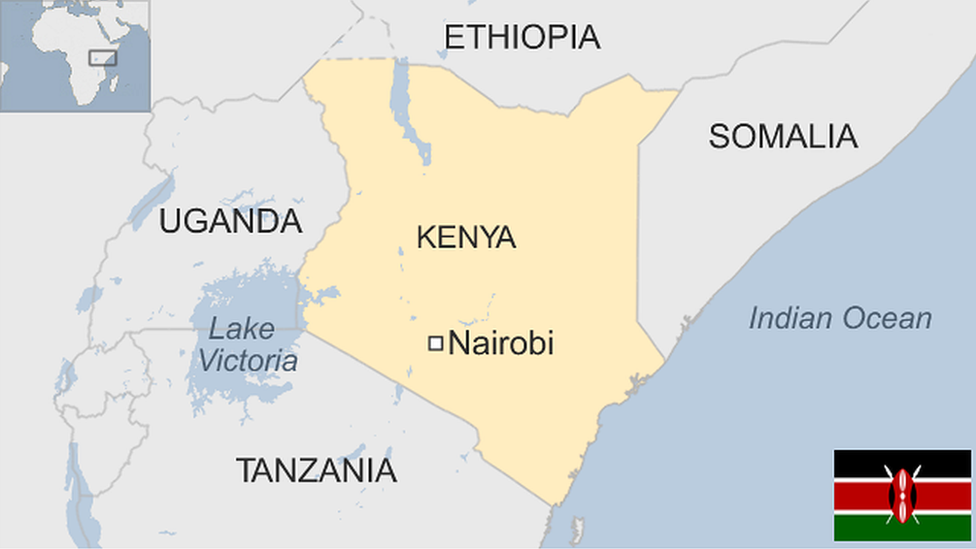Henry Rotich arrest: Kenyan finance minister denies corruption charges
- Published
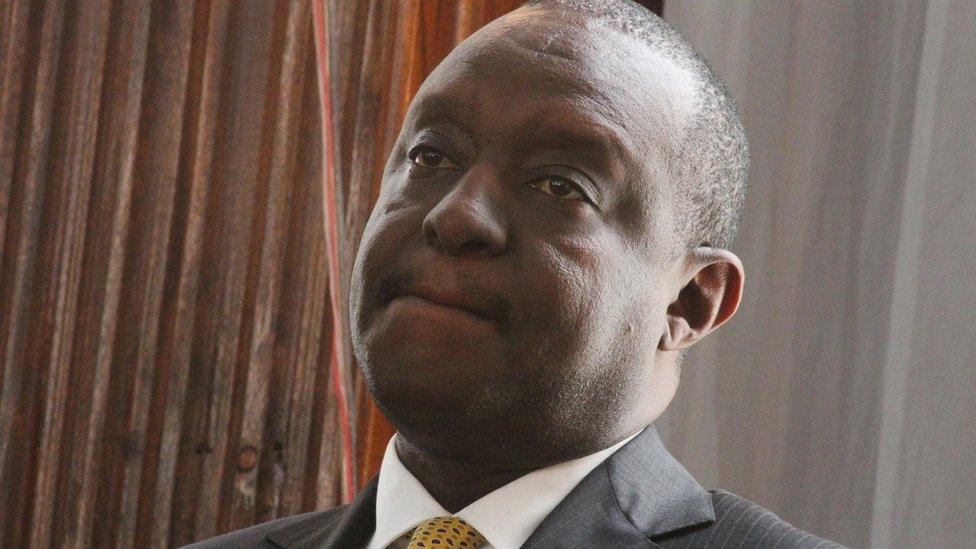
Henry Rotich has been the finance minister throughout Uhuru Kenyatta's presidency
Kenya's Finance Minister Henry Rotich has pleaded not guilty in court to charges of corruption, after spending the night in police custody.
He is accused of flouting procurement procedures in awarding a contract worth more than $450m (£405m) for the construction of two dams to an Italian firm, CMC de Ravenna.
The company has denied any wrongdoing.
Mr Rotich is the most senior official to be arrested since President Uhuru Kenyatta took office in 2013.
A court in the capital, Nairobi, released him on $130,00 bail and barred him from going to his office because it is "a crime scene".
Mr Kenyatta said in April that officials charged with corruption should resign, but Mr Rotich has not yet done so.
Speculation is growing that the president intends to sack him, the BBC's Ferdinand Omondi reports from Nairobi.
"Corruption is a cancer that is eating away the Kenyan soul , externaland we all agree that for us to succeed as a nation we must unite in fighting it. That's why the president is leading the corruption war from the front," Mr Kenyatta's spokeswoman tweeted before Mr Rotich's court appearance.
Mr Kenyatta himself has not yet commented on the case.
Mr Rotich was charged with more than 10 financial crimes, including fraud, abuse of office and receiving bribes.
He replied "not true" when the charges were read out to him.
A total of 15 officials charged alongside Mr Rotich also pleaded not guilty.
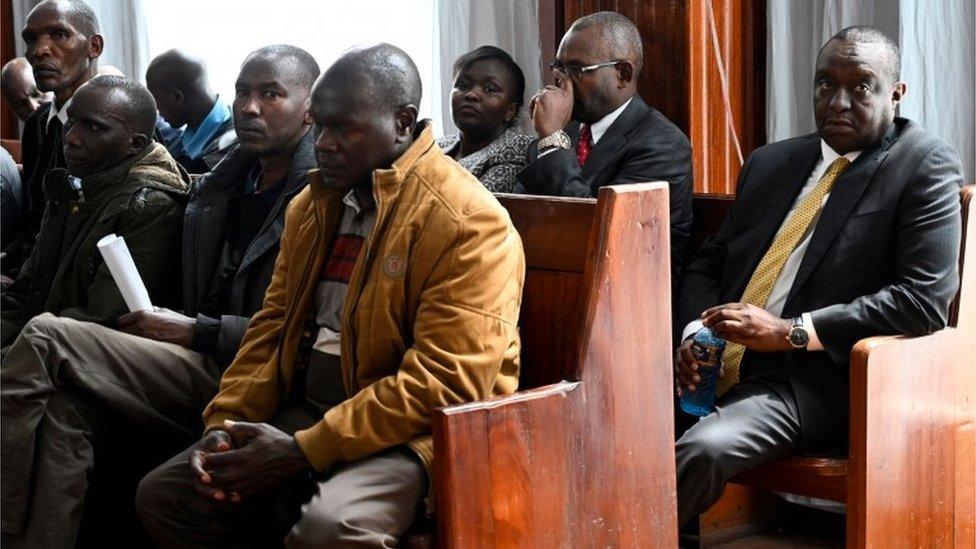
The finance minister (R back row) appeared in court after handing himself over to police
An arrest warrant would be sought for suspects from the Italian firm, the Director of Criminal Investigations, George Kinoti, said, AFP news agency reports.
In a statement on Monday, CMC de Ravenna said it had not received any official communication from the Kenyan authorities.
"CMC is certain of the correctness of the work of the company and its representatives, both in Italy and abroad," Reuters news agency quoted the statement as saying.

'Fearless war' against corruption
By Ferdinand Omondi, BBC Africa, Nairobi
Kenya's government loses as much as $5bn - or at least half of its annual budget - to corruption, according to the auditor-general.
The president appointed a new director of public of prosecutions and head of criminal investigations last year to tackle the problem.
The new appointees promised a fearless war against corruption and have so far walked the talk. From ministers to a Supreme Court judge, those who were once regarded as untouchable have been charged with corruption.
Some have been dragged from the splendour of their palatial homes to spend nights on the cold, hard floors of police cells. Many Kenyans cheer when this happens but they are still waiting for a big fish to be convicted.
There is also the extraordinary trend of public officials in Kenya holding on to their posts despite the seriousness of the allegations against them until they are fired. Mr Rotich appears to be following that script.

The finance minister surrendered to police on Monday after the chief prosecutor, Noordin Haji, ordered his arrest.
Prosecutors say that officials at Kenya's treasury borrowed $607m instead of the $450m that was approved for the two dams, meant for an hydroelectric plant and a water reservoir.
"It was established that the conception, procurement and payment process for the dam projects were riddled with massive illegalities," Mr Haji told the BBC.
Earlier this year, local media reported that files from the investigation revealed purchases that did not appear to make sense for a dam construction project, including at least $38,000 that had allegedly been spent on bedding.
Mr Haji told the BBC that "the contracts that were entered into and the loans that were taken were not in the interests of Kenyans but were serving other interests" and "the country has lost quite a bit of money".
More than $200m has already been spent on the dam projects, but the dams do not yet exist.
- Published14 March 2019
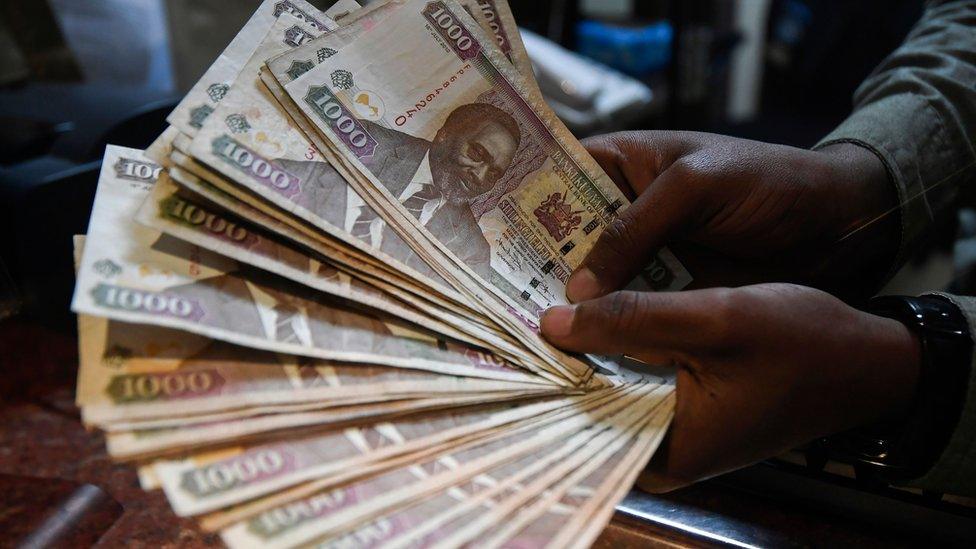
- Published16 October 2018
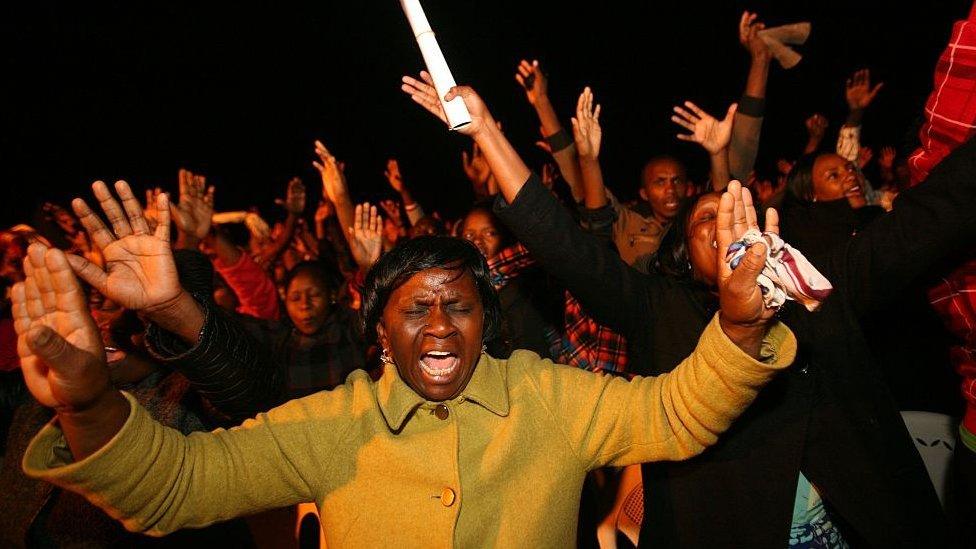
- Published8 April 2018
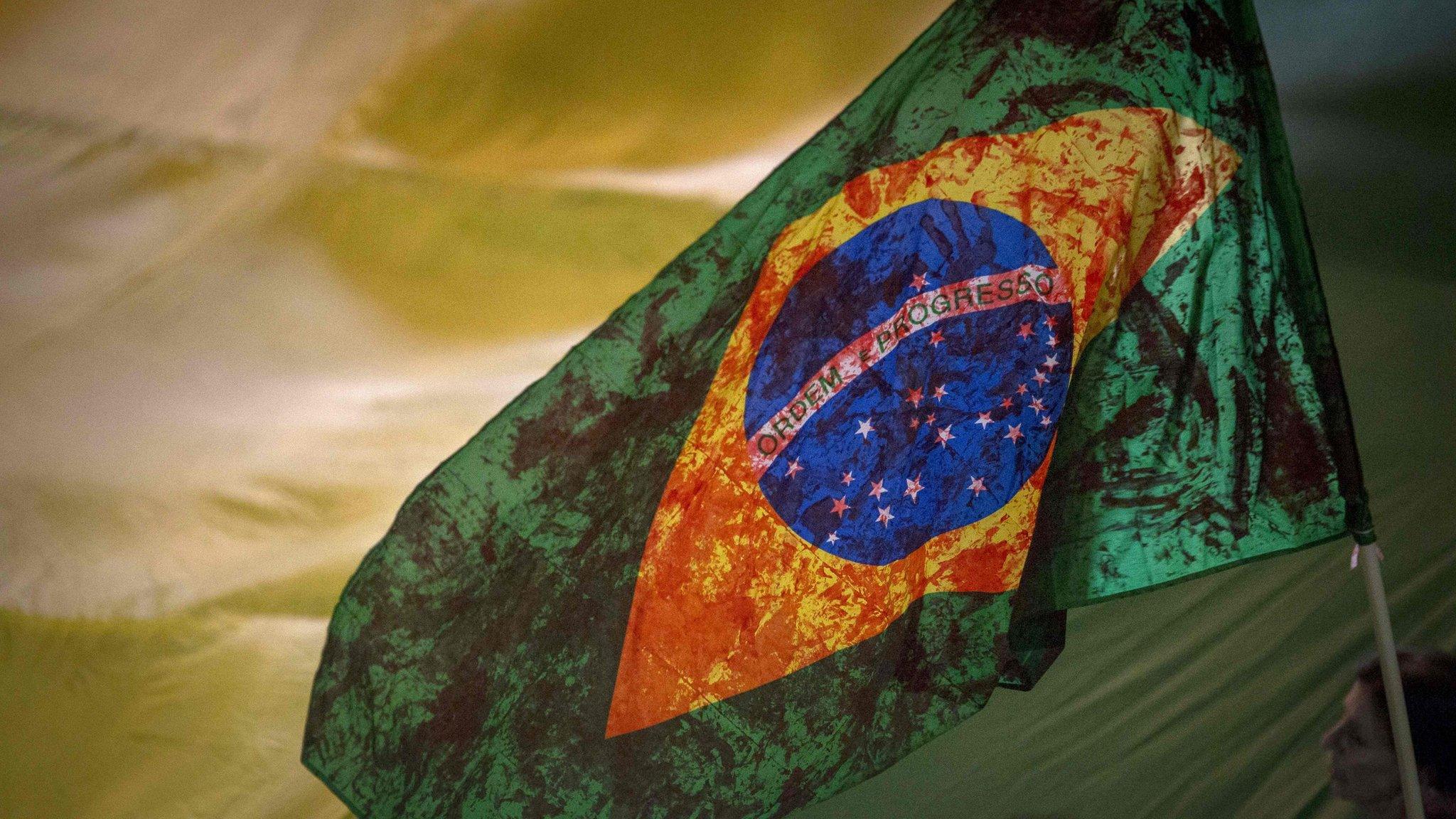
- Published3 July 2018
- Published4 July 2023
